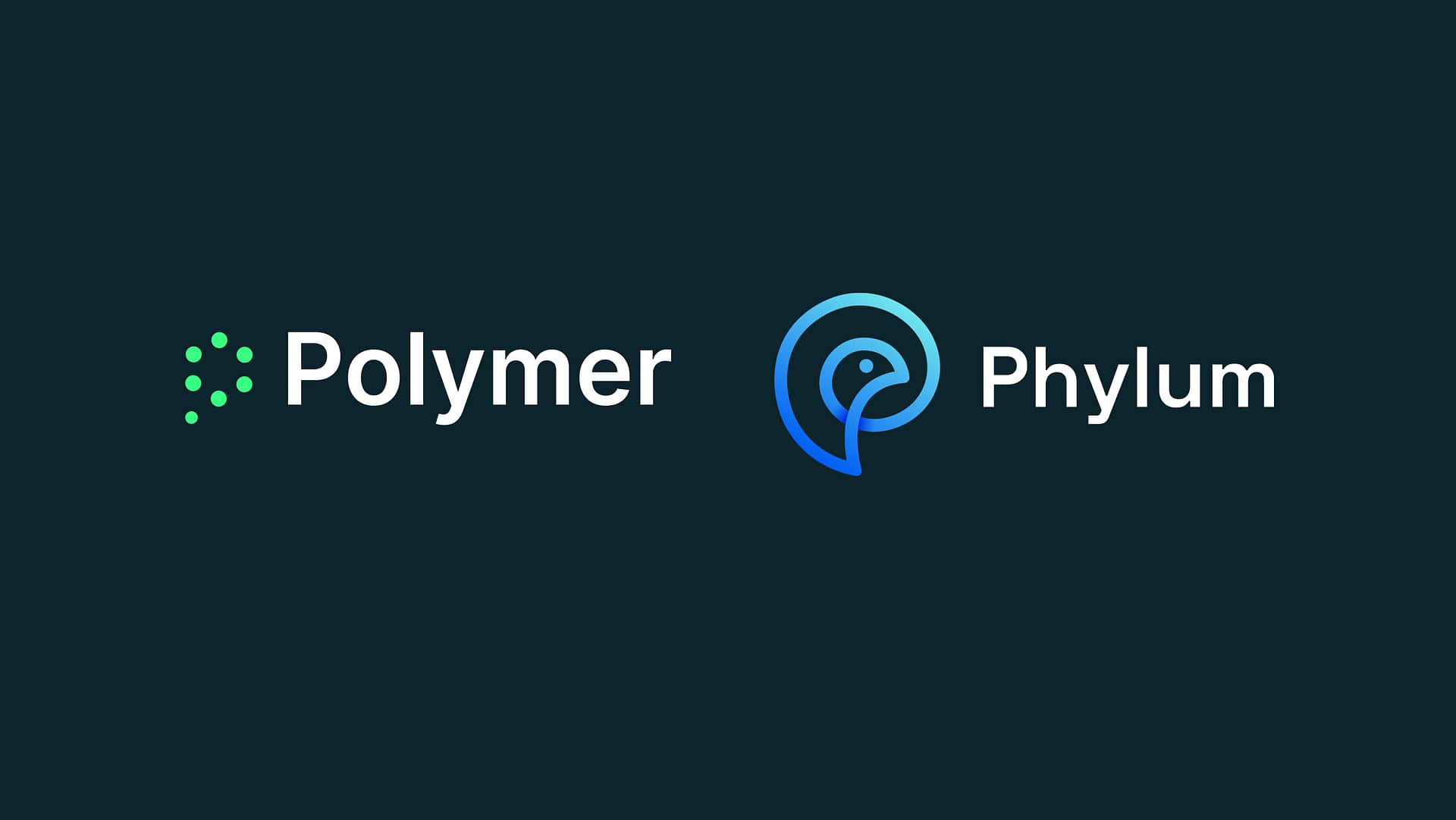VPN stands for Virtual Private Network. There are two types of VPNs: personal ones and corporate ones. Personal VPNs are the likes of NordVPN and Surfshark, which enhance users’ privacy as they browse the internet. These services can also be used to unblock geo-restricted applications and websites.
Then there are corporate VPNs – which are the focus of this article. Corporate VPNs are often viewed as essential to remote work. They effectively establish a tunnel between your employees’ remote devices and the corporate network, allowing them to access internal resources from any location.
As hybrid work soars, the VPN market is booming – and the market is expected to reach $31.1 billion this year.
However, while VPNs might be helpful for individuals who want to unblock Netflix in different countries, they certainly shouldn’t be relied upon for securing corporate communications and data.
Let’s dive into why below.
The age of secure remote access and VPNs don’t go hand in hand
With employees seemingly working from everywhere and anywhere for the foreseeable future, organizations need a way to ensure their people can access corporate resources no matter where they are. In the pre-cloud world, VPNs were essential to making this happen.
But how employees work has changed hugely over the last ten years, rendering VPNs redundant and ineffective for a number of reasons:
VPNs don’t follow the principles of zero trust
Zero trust and VPNs are far from mutually exclusive. A zero trust model mandates that organizations trust no one and verify everyone. Verification can’t be a one-off activity. Companies must dynamically verify that users are who they say they are as they interact with different resources. Zero trust goes hand in hand with least privilege, where users are only given access to the data and resources they need to do their job – and nothing more.
VPNs undermine the principle of zero trust. Once an employee logs on, the VPN gives them blanket access to corporate resources. This unrestricted access spells trouble for compliance and data security. This is especially true if an employee’s device is compromised, as a hacker could use the VPN to steal a wealth of corporate resources undetected.
VPNs don’t secure cloud applications
These days, most companies use a host of SaaS applications like Slack, Teams and Google Workspace. These applications sit outside the corporate network and can be accessed anywhere, on any device with the correct passcode. These cloud applications fall outside the remit of VPNs as they’re not based on the corporate network. In essence, when it comes to the cloud, there’s no use case for VPNs.
VPNs aren’t made for mass usage
VPNs were designed for yesterday’s world of work. They’re only suitable for environments where a minority of employees need to access the corporate network from home. If your team is wholly or mostly remote, a VPN will fall short. It lacks scalability and will likely suffer performance issues that hinder employee productivity.
As well as this, VPNs aren’t usable on employees’ personally owned devices. This, again, can hinder employee productivity and hamper the remote working experience.
VPNs focus on network security, not data security
The traditional network perimeter is now a minute part of company operations. SaaS applications, BYOD, PaaS, IaaS and cloud storage mean that businesses now operate in a borderless environment. While some resources are still stored on-premises, the amount is negligible when compared to the vast, growing numbers of sensitive files stored in the cloud.
In this paradigm, security needs to be data-centric, not perimeter-centric. VPNs are antiquated in this sense, as they focus entirely on perimeter security.

What do companies need instead of VPNs?
In essence, VPNs fall short because they don’t:
- Provide data-centric security
- Implement zero-trust
- Protect data in the cloud
- Enable secure BYOD
Instead, organizations need a solution that protects data as it travels outside of the corporate perimeter and into cloud applications. They need a solution that dynamically secures data wherever it goes, ensuring that it is only accessed by verified, trusted employees – and only used compliantly.
This is where next-generation, cloud-based data loss prevention (DLP) solutions become vital. These solutions are the next step up from VPNs. They’re specifically designed to ensure data security in the age of cloud applications.
Cloud-based DLP solutions – also known as next-generation CASBs – are built on a zero-trust architecture. Using data classification and intelligent automation, these tools monitor your employees and data in cloud applications like Slack and Teams. They dynamically adjust data access rights based on the risks posed by each user. Common actions DLP solutions take include redaction, blocking and encryption.
In the age of remote working, cloud-based DLP is a must-have tool in your arsenal. Not only does it solve all the pain points associated with VPNs, but it protects your organization’s sensitive data in a number of other ways too:
- Secure BYOD: Cloud-based DLP has an ‘agentless’ architecture. This means that it secures data in your cloud applications no matter what device your employees log on from. Whether they’re accessing Slack from their personal smartphone or using Teams on their home computers, cloud-based DLP has got you covered.
- Leverage zero trust: These solutions are designed on a Zero Trust framework. They incorporate security features such as identity and access management and data protection and redaction in cloud applications to prevent unauthorized or suspicious users from misusing sensitive data.
- Fight shadow IT: With cloud-based DLP, your cloud applications will no longer be a troublesome, opaque force. These solutions shine a light directly into your cloud applications, discovering, classifying and securing sensitive, unstructured data in real-time using machine learning.
- No more data leaks and data breaches: With dynamic, contextual DLP in place, your cloud applications will no longer be the center of data leaks and breaches.
- Make compliance easier: Best-in-breed DLP solutions come with granular reporting and auditing capabilities, making it easy for you to stay ahead of reporting requirements under regulations like HIPAA, CCPA, GBLA and GDPR.
- Improve employee productivity: Cloud-based DLP is like a silent ninja that works in the background of your cloud applications. This means no logging in for your employees – unlike with a VPN!
- Create a culture of security: Our solution also features in-app ‘nudge’ training, which alerts users to policy violations they make by accident so that they can learn for the future. These nudges are proven to be much more impactful than long training sessions.
Embrace the future of workplace cybersecurity today
It’s not just us who think the traditional VPN is becoming obsolete. Gartner predicts that, by 2025, over 60% of companies will have phased out their VPNs in favor of zero-trust tools like cloud-based DLP.
Ultimately, with so much corporate data now outside of the traditional network, you need a solution that provides granular visibility combined with dynamic data protection in cloud applications. So, say goodbye to your VPN and embrace cloud-based DLP today!










